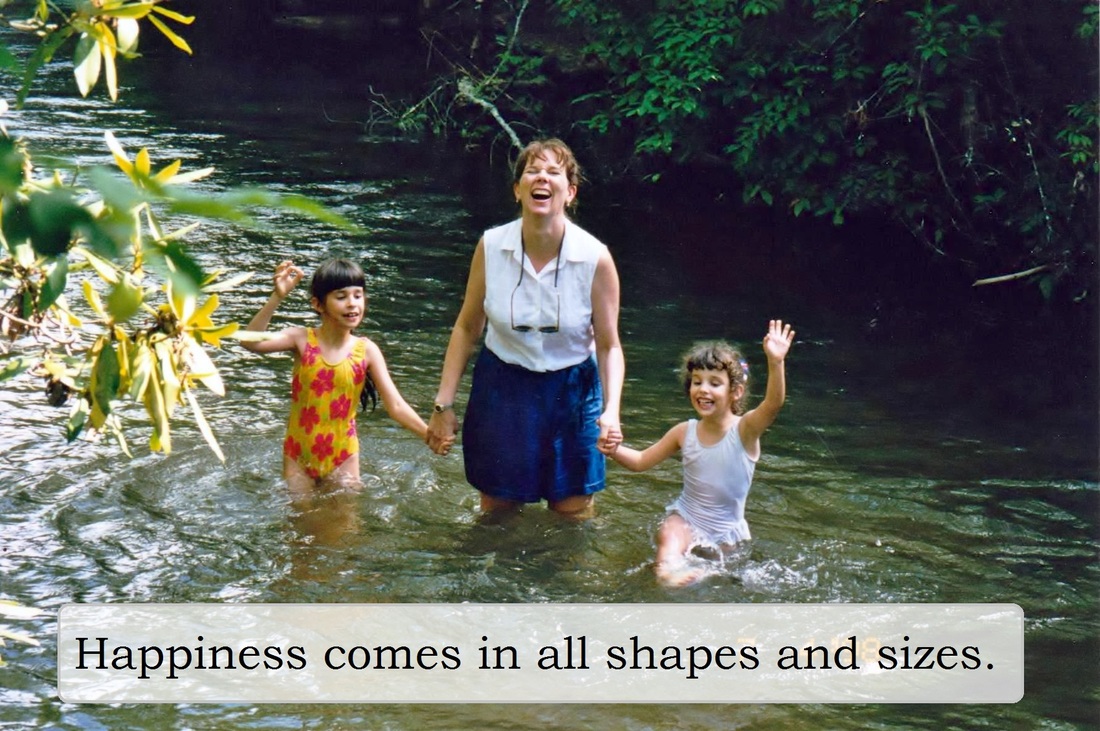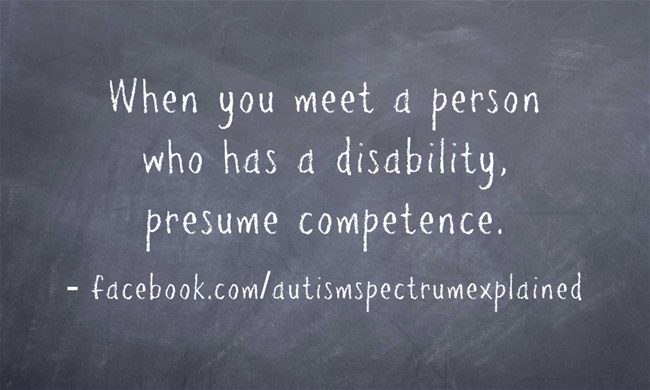First of all, I want to start this by thanking you. I’ll admit, every time I take a child who’s on the spectrum to the movie theater, I’m always a little nervous about how my fellow movie-goers will react. You know, I met a wise mother of an autistic child a couple of years ago who told me that autistic children had just as much of a right to go places in the world as other children did. I admired this mother, and I have sought to practice her words. That said, it’s still not always easy dealing with the judgment of others, and I’ll be honest, I’m always a bit nervous that some theater-goer will complain or take me to task for bringing a child on the spectrum to the theater.
Coming from that perspective, and given that today’s movie was a bit over (or perhaps under?) stimulating, leading to extra loud stimming, attempts to run out of the row and loudly playing pretend with popcorn (which, by the way, is super cool, but I doubt my fellow theater goers appreciated how awesome what they were hearing was), you can see why I might have been nervous that some tsk’ing person might come up to me afterwards and tell me I should have removed him from the theater.
But no such person came. Instead, you approached me after the movie as the child on the spectrum was telling me excitedly about the movie “Home”. You didn’t say much, simply tapped me lightly on the shoulder as you walked and as you passed me you whispered with tears in your voice, “Bless you.” It was literally only a second long interaction, but every bit of your voice was packed with utter sincerity. I had feared people approaching me with anger, but instead you came to me with compassion. And for that, I very much thank you. I truly wish there were more people like you in the world – people who viewed the world through a paradigm of love, rather than anger.
I’ll be honest – I was a bit speechless at first. There was so much I had to say, but either to keep our conversation hidden from the child in question or because you were busy with (presumably) your own family, by the time I turned around all I got was a glimpse of your face and then you were gone. Driven by the urge to say something, and at least acknowledge your kind intentions, I called at your back, “Thank you?” Yes, there was a question mark. And I suppose the question mark will have to contain everything that I had to leave unsaid at the time.
As you’ve read by now, I truly did mean the thank you. Your intentions were the best, and the world could always use more blessings. Yet, the question mark arrived from what the words and the tone of your voice and even your facial expression strongly and unmistakably conveyed: pity.
I appreciate your blessings, really I do. And I see where you’re coming from, having only witnessed the encounter on the surface. But allow me to explain what was really going on from my perspective.
In my view, I had just had an awesome time with two great kids I love dearly. I’m sure I looked a bit haggard – but that’s because I was fighting off a burgeoning migraine from the bright movie screen and loud speakers, not because of the kids. Sure, the child on the spectrum was a bit all over the place, and, yes, I did have to restrain him from running out of the aisle. But I loved watching the movie with him and his brother. Hearing his infectious belly laugh (I dare you to listen and not smile), watching him play pretend with pieces of popcorn of all things (which, as I said, is really cool – in case you didn’t know, playing pretend is something a lot of kids on the spectrum struggle with, and I will never tire of watching him do it), bouncing him on my legs and giving him bear hugs for sensory stimulation (which I thoroughly enjoyed doing), hearing him talk to the movie (which is something I actually worked hard to get him to do at home, not realizing that would generalize to the movie theater – hearing him ask those ‘wh-’ questions, though, I still have no regrets), it was all fantastic!
So if your pity was for my migraine – thanks, I really needed it. But if it was for having an autistic child with me at the movies, as I suspect it was…then, no, I actually had a wonderful time. Happiness comes in all shapes and sizes, not to mention neurologies, and I have experienced few moments of happiness stronger than the time I spend with these two amazing children – our movie theater visits included.
Of course, after I thought this through, I realized that your blessings probably went far deeper than that. It was probably not about our movie theater experience at all, but the fact that I appeared to be a mother raising an autistic child. Here, I’m not in as good a position to speak from. You see, I’m not actually his mother. I was just caring for him and his brother for the day, while his papa rests and his mother is out of town. (The papa for whom the little one wanted to go to the grocery store and buy soup and Gatorade and flowers for to make him feel all better - yes, autistic children are more than capable of loving and caring for their parents, as this one utterly and completely does, and his parents more than return the sentiment.)
Still wanting to address this component of your good intentions, I turned to my own mother, who also raised an autistic child – my sister, Caley. And she backed my own instincts: at least in her view, there’s nothing to pity. Sure, things can be really, ridiculously hard at times. But they can also be really, ridiculously awesome, too. There seems to be this assumption that life with an autistic child cannot be a happy one - that it's a life worth pitying. But life with an autistic child is, well, life. There are ups and downs, like any other life, though they certainly seem to be a bit exaggerated at both ends. Though there are certainly more societal barriers to overcome, there is so much joy to be found in life that at least in my family’s experience the scale more than balances out. Your blessings are always appreciated. But your reasoning behind this particular one – well, that might have been based on inaccurate data.
I still greatly appreciate your kind words, and do not wish to discourage you from greeting others with the same compassion that you showed me today. I know what most people’s impressions of what life is like having an autistic child are, and I know they’re pretty uniformly terrible. All I wanted to show you with this letter was, well, that things may not be what you might think.
Thank you again for your compassion.
Sincerely,
Creigh, AKA, the woman at the movie theater


 RSS Feed
RSS Feed
